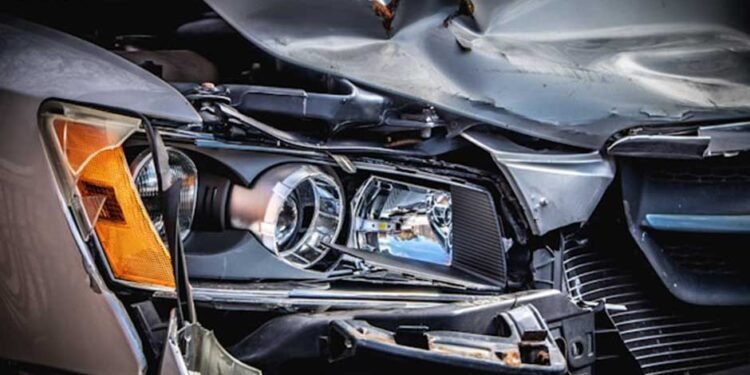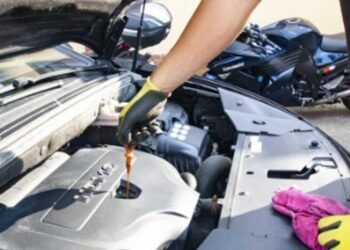Though nobody likes considering the likelihood of an automobile accident, the truth is that they strike when least expected. One minute, you’re driving along, planning your day activities, and the next, the startling force of a collision breaks off your world. This is a confusing event; understanding how to guard yourself in the wake of it can make all the difference.
Prioritize Your Physical Well-Being
Although the seconds following a collision are frantic, your health should always come first. Take time to evaluate your body for any injuries, even if you feel OK. Some problems, including concussions or internal damage, might not show symptoms right away but will get worse if neglected. Sometimes adrenaline disguising discomfort causes pain or stiffness to take hours to set in. Call for medical attention right away if you believe any small harm exists. Emergency personnel can assess your situation and advise whether more treatment is required. It’s a good idea to see a doctor quickly after the accident for a more comprehensive assessment, even if you reject an ambulance at the site.
Safeguard the Scene
Once you are clear of major injuries, focus on creating a safe situation. Many times, a crash leaves cars in unstable locations; incoming drivers may not see the accident immediately. Turn on your warning lights to alert other drivers; if your car is drivable, slide it to the side of the road. Stay inside with your seatbelt secured and wait for help to arrive, though, if moving the car seems dangerous or impossible. You should also give your visibility some thought. Having a reflecting vest or flashlight from your emergency pack will make a big difference whether the weather is bad or dark. Especially on rural roads with poor illumination or busy highways, staying visible guarantees that you are not inadvertently damaged by approaching cars.
Secure Contact Information
When you’re ready to interact with people at the scene, keep your eye on compiling pertinent facts. Share with the other drivers and exchange names, phone numbers, residences, insurance information, and car registration numbers. Though emotions are running strong, keep cool and polite. A confrontational approach won’t benefit you and may unnecessarily raise hostilities. Ask for their contact details as well, should there be witnesses or passengers. Should there be disagreement on what transpired, their stories might prove to be absolutely crucial. Photographs and videos can help you to capture every aspect from road conditions to car damage.
Handle Conversations About Fault with Caution
After an accident, naturally, one wants to apologize—especially if one is a kind or sympathetic person. But consider how your remarks could be understood. Even a basic “I’m sorry” may be interpreted as an admission of error, which would complicate your case later. Rather, while talking with police officers among others at the site, stay to the facts. Let the authorities assign accountability. When the cops show up there, tell an honest story of what you observed and experienced; avoid speculating or guessing about specifics you are unclear about.
Consult a Legal Professional
Following an accident, the legal complexity can be debilitating. Having a lawyer, like any top commercial vehicle accident attorney from Austin, Texas in your camp will help you handle insurance claims, possible lawsuits, and even criminal charges should someone else be at blame. They will help you through the procedure so you won’t unintentionally compromise your case by talking or acting improperly. Furthermore, helping you grasp your rights and alternatives is a qualified lawyer. They may help you, for instance, decide if you should advocate more or whether a settlement offer from an insurance company is reasonable. Should you have injuries, they will try to get paid for medical costs, lost income, and other losses. Alone, the legal system can be difficult to negotiate; hence, be sure not to hesitate to get competent advice to protect your rights.
Conclusion
Although a vehicle collision might make you feel exposed, following the correct procedures can turn a chaotic event into one of control and preparedness. Add the help of lawyers and insurance experts to have a strong basis for confidently managing the fallout. Though they can be random, your reaction does not have to be. Equipped with information and a well-defined strategy, you can squarely confront the unanticipated.












